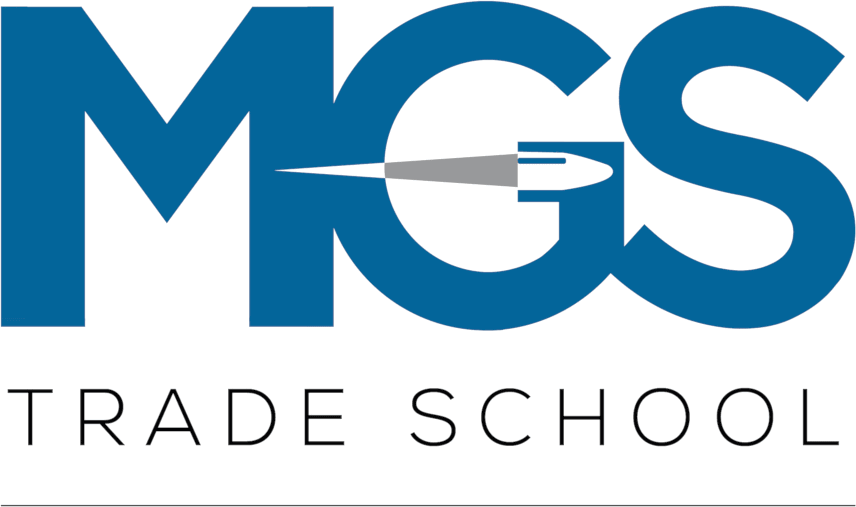5 Tips For Returning To Work After A Career Break
Whether your career break was planned or unplanned, returning to the workforce after an extended period can be challenging. With time away from employment, your skills and your resume may need an update. It may be hard to feel confident and qualified, too.
Fortunately, there are many online certificate courses that can help you jumpstart your career.
Assess Your Wants & Needs
Before diving right into searching on job posting websites, take time to consider the career path you want. Do you want to return to a similar position you previously held or enter into a brand new field? Consider what you’d like to do, and why you’re interested in working again. Create goals for yourself and steps in order to reach those goals. Keep your needs in mind, too, whether it’s salary requirements, flexible hours, or anything else.
Take the time to reflect on your career break. Did you learn a new skill, volunteer, or pursue career courses? Even if you weren’t actively working, you may have noteworthy accomplishments to mention during interviews or attributes to add to your resume. A build project, for instance, is a great passion to highlight during this timeline.
Aspiring gunsmiths will need to consider their intentions—are they looking to learn more about a skill or hobby, or do they want to embark on new, profitable endeavors? There will be non-negotiables in your job search, such as salary, possible relocation, or working hours. Regardless of your experience or desired workplace, education is essential.
Re-Learn Your Industry and Network
Depending on how long it has been since you last applied for a new job, you may need to familiarize yourself with the industry and new job opportunities. Some possible steps to take:
- Research the industry: Spend some time on the Occupational Outlook Handbook, researching your chosen career field. Here, you can find the salary range, predicted demand, and field growth.
- Network: Reach out to former colleagues to let them know you’re returning to the workforce after a career break. Ask your connections for advice on acclimation to the workforce. LinkedIn is a popular networking site specifically for career-seekers as well.
- Attend gun shows and conferences: Gun shows give you the opportunity to expand your network. Even a Facebook Group is a great approach to meeting new people and building an industry reputation.
Freshen Your Skills
In a technology-driven world, things are constantly changing—this includes job markets. New programs have been developed or implemented. Before submitting your resume, here are a few ideas to give you the confidence you need to prepare for a new job, especially after a career break:
- Volunteer work: Even if it’s unrelated to your field, volunteering on a regular basis can get you accustomed to a structured environment, which employers like to see. This is why volunteer experience is recommended to include on a resume.
- Classes: If there are new products, programs, or credentials needed that you aren’t familiar with, it may make sense to take one of MGS Trade School’s courses.
- Newsletters, podcasts, etc.: Immerse yourself in the industry by attending conferences, reading industry newsletters, and listening to podcasts. In certain careers, you may not need new skills, as they do not change as quickly as others.
Update Your Resume
As you update your resume, keep in mind the requirements and expectations for a resume also may have changed—for instance, anything older than 15 years is considered “outdated.” For more resume “do’s and don’ts,” search through online resources.
Explaining A Career Break
If you’ve had a long career break, you should mention that in your cover letter, as well as during interviews. No matter what your reason for your extended leave from the workforce, keep your explanation brief. A simple sentence will do and honesty is the best policy. Whatever your reason for being away, focus on the work you did prior to your time away. Your work experience remains relevant, even if some time has passed since you gained that experience.
Sometimes, it may be helpful to get ahead of assumptions and be transparent. This can build your credibility, especially when done in a vulnerable manner. Ultimately, a career break is exactly that—a break.

